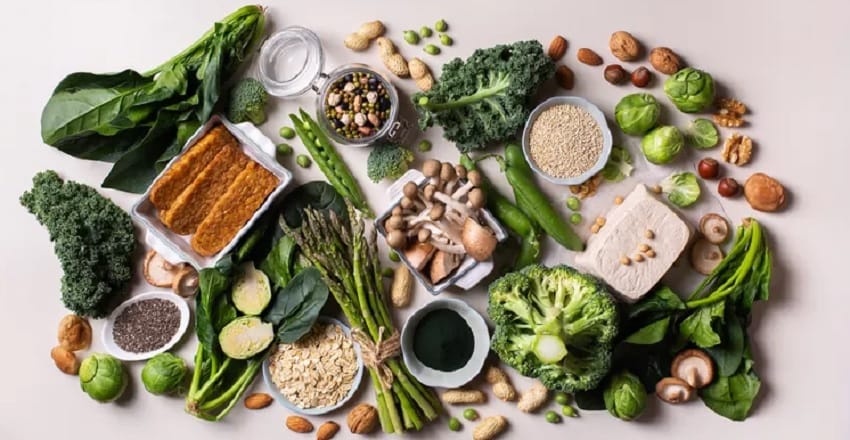“The Dark Side of High-Protein Diets: What Your Body is Telling You”
In Ayurveda, it’s essential to understand that each person requires a personalized diet based on their unique body constitution (Prakriti) and their current health condition. While high-protein diets have gained popularity, it’s crucial to examine their long-term effects.
When can a high-protein diet be beneficial?
- Initially, it may assist in weight loss.
- It can benefit people with sedentary lifestyles, to some extent.
- If you are someone engaged in intense workouts, a high-protein diet aids in the repair of muscle wear and tear.
However, it’s not advisable for women dealing with perimenopausal symptoms or menstrual issues.
After following a high-protein diet for 3–4 months, some individuals might start noticing negative changes:
- Weight plateau
- Scanty or missed periods
- Severe constipation
- Ulcerative colitis
- Excessive burping
- Bloating
- Anxiety
- Insomnia
- Hair loss
Remember: your gym trainer is not your doctor.
For individuals with weak Agni (digestive fire), especially those with a Vata or Kapha constitution, high protein intake can lead to indigestion, bloating, and the buildup of toxins (Ama).
Proteins are heavy and difficult to digest, making them challenging for those with weaker digestion.
How does protein intake affect each body’s constitution?
Vata Constitution: Excessive protein, particularly from animal sources, may increase dryness, cause constipation, and lead to restlessness or anxiety. Vata types benefit more from grounding, nourishing foods that are easier to digest.
Pitta Constitution: A high-protein diet, especially animal protein, can increase heat in the body, worsening Pitta dosha, which may result in inflammation, skin issues, or irritability.
Kapha Constitution: For Kapha types, high-protein foods can increase heaviness, sluggishness, and mucus production, making it harder for them to maintain balance.
Ayurveda stresses the importance of the source and quality of protein. Fresh, plant-based proteins like lentils, beans, and nuts are generally more suitable for balancing the doshas. In contrast, excessive consumption of meat or processed protein supplements can aggravate imbalances.
Rather than focusing on one macronutrient like protein, Ayurveda promotes a diet that includes all six tastes—sweet, sour, salty, bitter, pungent, and astringent—to maintain overall balance. An over-reliance on protein can disturb this harmony and negatively impact the body’s natural balance.
To know more, contact us!



